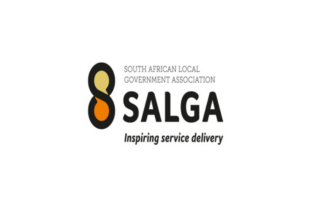African airlines are facing a tough going due to poor airport infrastructure coupled with a lack of information technology in the aviation sector. Air transport and aviation experts said poor infrastructure in most African airports remain a constraint to smooth operation of airlines. This includes poor communications facilities at airports, unreliable power supply to the runways, and paved taxing ways.
Taking Tanzania as a quick African nation lacking reliable aircraft handling services, experts said pilots are able to fly during the day, because most airports across this biggest country in East Africa lack night landing and taking off lights.Precision Air, the fastest-growing airline in Tanzania, has been feeling the pinch when looking at new areas to extend its wings to cover more areas in this African nation. The airline’s Chief Executive Officer, Mr. Alfonse Kioko, said poor infrastructure distracts the airline from covering more areas despite growing demand for air transport. Mr. Kioko said it became a situation where airplanes are parked shortly after sunset due to poor facilities at airports. “We have enough and a large fleet of airplanes, while we can increase [the] number of flights, but poor infrastructure is a setback,” Mr. Kioko said. He said the airline was in a position to offer better services not only for satisfying the domestic market, but also other market demand in the African region. According to him, it is the only airline registered by the International Airlines Ticketing Association (IATA) with IATA Operational Safety Authority (IOSA). Under IOTA, there is a practice of e-ticket technology, which increases efficiency for meeting customers’ needs, according to him. Other than local or domestic flights, Precision Air is eyeing Lusaka in Zambia, Lubumbashi in Democratic Republic of Congo (DRC), Lilongwe in Malawi and Juba in Southern Sudan, Luanda in Angola, and Pemba. Currently, the airline operates regional flights covering Kenya, Uganda, South Africa, and Comoros. Its listed international route is Dubai, out of the African continent. The airline operates a total of 12 fleets. Mr. Kioko said most African airlines were performing poorly with peanut profits as a result of higher operation costs. This is caused by a lack of information technology (IT) in the aviation sector. High taxes and tariffs, on the other hand, strangle African airlines, which count up to over 65 percent of their incomes absorbed in fuel and taxes imposed in fuel. Almost 40 percent of passenger revenue goes to fuel. In recent years, the price of fuel has doubled.
In order to reduce airlines running costs for effective and smooth development of the airline industry in this continent, there was a great need for governments to improve airports and handling infrastructure also reviewing fuel levies.
Aircraft spare parts have been counted to be expensive for most airlines to afford, and this situation had so far detracted smooth development of air transport in Africa. Airline and air transport delegates who will attend the 7th edition of Routes Africa has increased to 61 participating members, and the organizing team of Routes Africa 2012 is anticipating even greater numbers of delegates for the event, according to organizers. A total of 16 carriers have registered to take part in Routes Africa 2012 in Seychelles. Source: http://www.eturbonews.com





